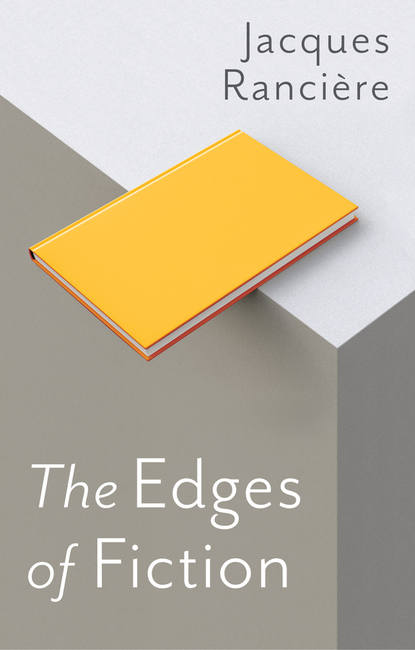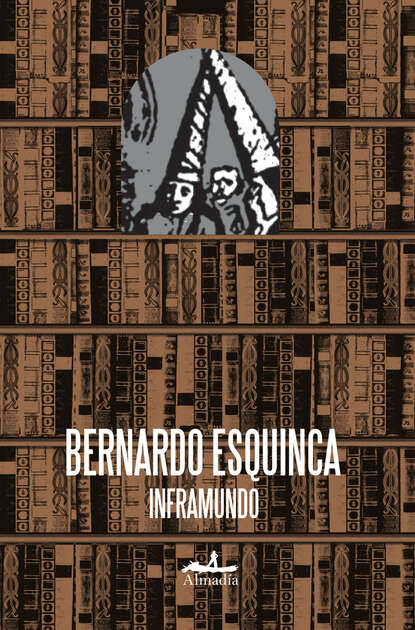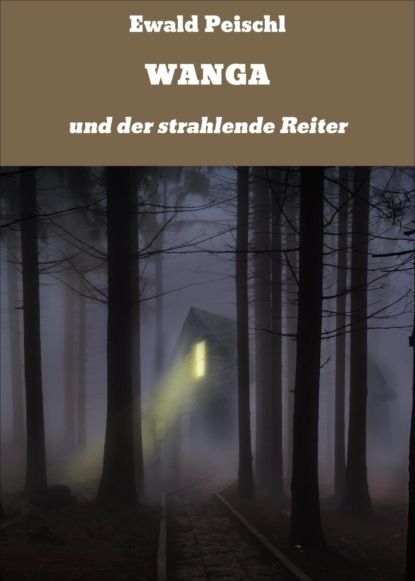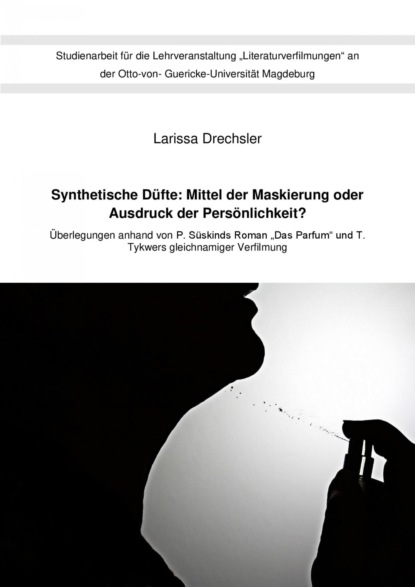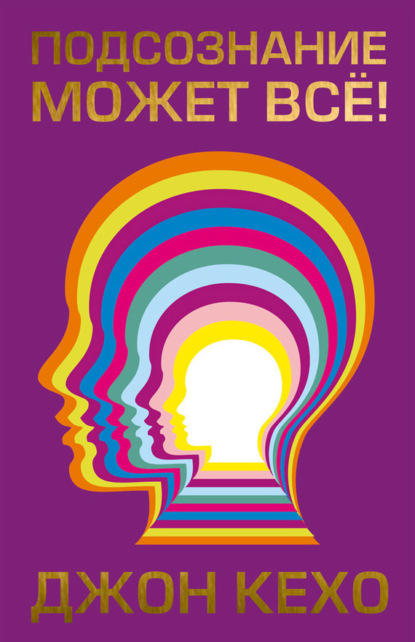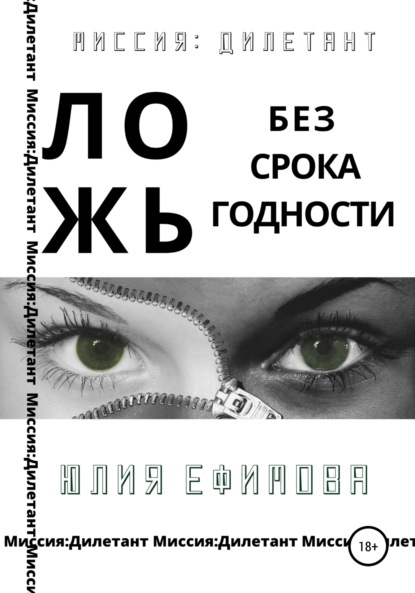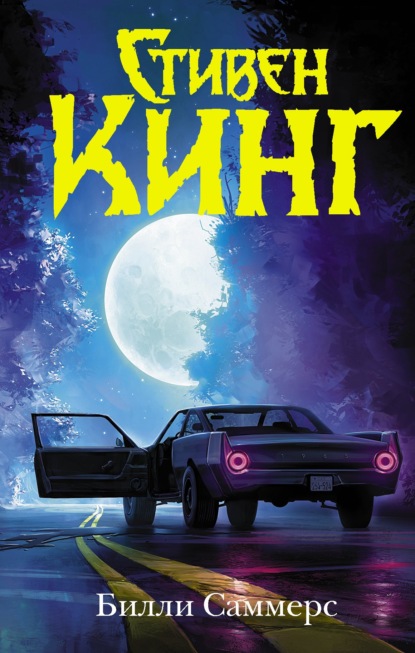Книга “The Edges of Fiction” автора Жака Рансье - это философское исследование, посвященное проблемам литературы и искусства. В ней автор рассматривает различные аспекты литературных произведений, такие как форма, содержание, стиль, язык, образы и символы.
Книга состоит из двух частей: в первой части автор анализирует различные аспекты литературы, такие как структура, язык и образы. Во второй части он исследует проблемы, связанные с литературой и искусством, такие как роль автора, читателя и критика.
Одна из главных тем книги - это проблема границ между литературой и реальностью. Автор утверждает, что литература не может полностью выразить реальность, но она может помочь нам понять ее. Он также обсуждает проблему авторства и роли читателя в литературе.
Кроме того, в книге рассматриваются различные литературные жанры, такие как роман, рассказ, драма и поэзия. Автор анализирует, как каждый жанр использует свои собственные средства для выражения идей и эмоций.
В целом, книга “The Edges of Fiction” представляет собой глубокое и интересное исследование литературы и искусства, которое может быть полезно для всех, кто интересуется этими областями.
Электронная Книга «The Edges of Fiction» написана автором Jacques Ranciere в году.
Минимальный возраст читателя: 0
Язык: Английский
ISBN: 9781509530465
Описание книги от Jacques Ranciere
What distinguishes fiction from ordinary experience is not a lack of reality but a surfeit of rationality – this was the thesis of Aristotle’s Poetics. The rationality of fiction is that appearances are inverted. Fiction overturns the ordinary course of events that occur one after the other, aiming to show how the unexpected arises, happiness transforms into unhappiness and ignorance into knowledge. In the modern age, argues Rancière, this fictional rationality was developed in new ways. The social sciences extended the model of causal linkage to all spheres of human action, seeking to show us how causes produce their effects by inverting appearances and expectations. Literature took the opposite path. Instead of democratizing fictional rationality to include all human activity in the world of rational knowledge, it destroyed its principles by abolishing the limits that circumscribed a reality peculiar to fiction. It aligned itself with the rhythms of everyday life and plumbed the power of the “random moment” into which an entire life is condensed. In the avowed fictions of literature as well as in the unavowed fictions of politics, social science or journalism, the central question is the same: how to construct the perceptible forms of a shared world. From Stendhal to João Guimarães Rosa and from Marx to Sebald, via Balzac, Poe, Maupassant, Proust, Rilke, Conrad, Auerbach, Faulkner and some others, this book explores these constructions and sheds new light on the constitutive movement of modern fiction, the movement that shifted its centre of gravity from its traditional core toward those edges in which fiction gets confronted with its possible revocation.
